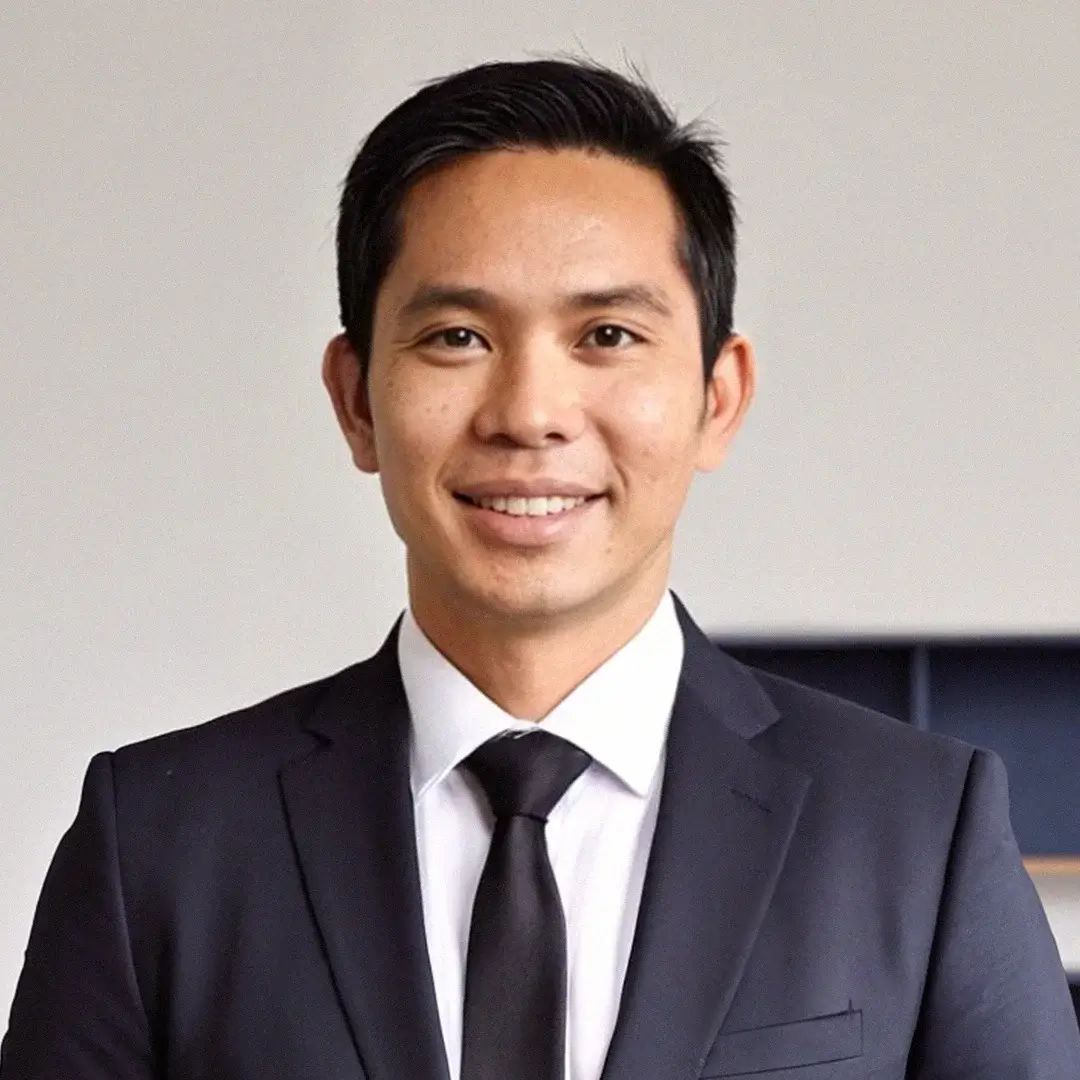Learn more about Doing Business in Medan
Medan, as the largest city in Sumatra and Indonesia’s third-largest city, serves as a pivotal economic center with burgeoning opportunities for startups and entrepreneurs. Known for its strategic location and robust economy, Medan presents a diverse market landscape enriched by its role as a regional trade and business hub.
| Total Population 2.5 million people |
GDP Contribution 5.4% to Indonesia’s GDP |
Average GDP Growth 4.8% per year |
| Startup Ecosystem 100 startups |
Average Salary IDR 4.5 million/month |
Average Office Rent IDR 200,000/m²/month |
Major industries in Medan:
1. Manufacturing: Medan hosts a diverse manufacturing sector, with prominent industries in food processing, textiles, and electronics. The city’s manufacturing prowess contributes notably to exports and job creation, benefiting from industrial estates and special economic zones aimed at fostering industrial growth (Ministry of Industry of Indonesia).
2. Services: The services sector in Medan encompasses finance, retail, and hospitality, catering to a growing urban population and increasing tourism. The city boasts a variety of shopping centers, hotels, and banking facilities, reflecting its role as a commercial hub in northern Sumatra. Retail activities have seen steady growth, aligning with broader economic trends (Bank Indonesia).
3. Trade and Commerce: Medan’s strategic location facilitates its role as a trade and logistics hub for Sumatra and neighboring regions. The city’s ports and transportation infrastructure support significant cargo throughput and trade activities, enhancing its economic significance within Indonesia’s broader trade network.
Key Regulations to Consider
1. Intellectual Property
Protecting intellectual property (IP) in Indonesia is crucial. The Directorate General of Intellectual Property oversees IP rights, including trademarks, patents, and copyrights (DGIP Indonesia). Utilize our Trademark Registration services to secure your IP rights.
2. Labor Laws
Indonesian labor laws regulate employment contracts, working hours, and employee benefits. Compliance with the Labor Law is mandatory, including a maximum of 40 working hours per week and minimum wage requirements (Ministry of Manpower Indonesia).
ℹ️ Our Employment Contract can help ensure your compliance with Indonesian Labor Laws.
3. Environmental Regulations
Businesses must adhere to environmental protection laws, including waste management and pollution control, enforced by the Ministry of Environment and Forestry.
Company Registration Process
| ➤ Online Single Submission (OSS): Register through the OSS system for business licenses (OSS Indonesia. |
| ➤ Deed of Establishment: Prepare the deed and have it notarized. |
| ➤ Tax Registration Number (NPWP): Obtain a tax identification number from the local tax office. |
| ➤ Business Identification Number (NIB): Issued through the OSS system. |




